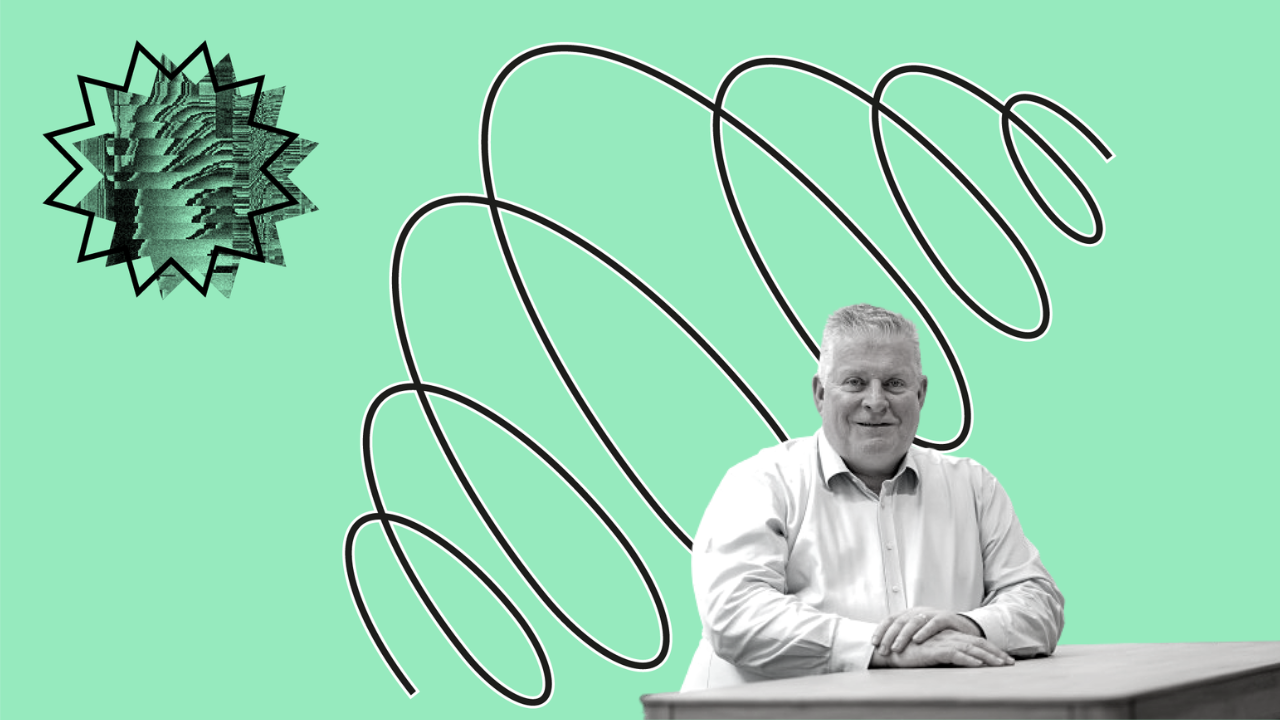Neuranics was launched in 2021 by Professor Hadi Heidari, Professor of Nanoelectronics at the University of Glasgow, Professor Kia Nazarpour, Professor of Digital Health at the University of Edinburgh and Dr Siming Zuo an expert PhD in electronic system design.
Prior to launch, across a five year period, the team worked closely to develop tiny magnetic sensors that could detect muscle signals from the body.
We now aim to revolutionise biomedical monitoring and meet the potential markets of digital health, sports and fitness, gaming and Metaverse.
Tell me about the business – what it is, what it aims to achieve, who you work with, how you reach customers and so on?
Neuranics is a pioneering deep-tech company specialising in producing magnetic sensing technology for next-generation wearable systems. Focused on healthcare and metaverse applications, our proprietary spintronics sensors detect minute magnetic impulses from the human body.
Our diverse team of engineers and scientists work towards transforming the digital health industry. Through strategic partnerships and a commitment to excellence, Neuranics strives to redefine how people interact with computers and digital experiences.
Moving forward, we are looking to partner with leading digital health companies to make products for the NHS, sports and fitness companies to create products for the consumer market and companies providing human machine interfaces for gaming or metaverse type applications.
How has the business evolved since its launch?
Since Neuranics closed its seed funding round in early September 2023, the business has gone from strength to strength. We have developed the team – I joined the business as CEO to commercialise the groundbreaking technology, we relocated six staff members from the university to the company as full time employees and recruited more, bringing our team to a size of 10.
We have also developed a Magnetocardiography MCG development platform that will launch at CES 2024. This MCG platform will allow partner companies to experiment with the latest magnetic sensors and electronics and transmit these signals over bluetooth to a connected phone or tablet where they can be analysed on the company MCG app. This will allow them to design 24/7 heart monitoring devices that can work through thin clothing and does not need three leads like the current ECG detection pads.
Tell us about the working culture at Neuranics
Our team is made up of members from different educational, cultural, and professional backgrounds, bringing a variety of perspectives to the table. This diversity of thought underpins our innovative solutions and well-rounded decision-making. Our core values are Innovation, Excellence and Collaboration which are shown in our ability to move quickly as a team and get things done while still enjoying the journey. The culture of the business is one of “can do” and everyone is there to help each other when required.
How are you funded?
We thank our four investors for believing in us and helping succeed. They include Par Equity, Creator Fund and University of Glasgow. Just this September, we secured a £1.9m investment in a round led by Edinburgh-based VC firm, Par Equity, with participation from GU Holdings Ltd, Old College Capital, and Creator Fund. We also plan to apply for Innovate UK grants where possible and to work with key strategic partners on “paid for” proof of concept (POC) type projects.
What has been your biggest challenge so far and how have you overcome this?
We know that we will come up against challenges as we ramp up our recruitment in 2024. We seek skilled analogue IC chip design engineers with over five years of experience, which are often difficult to find across Scotland and the UK. Our links with the universities have been incredibly important in sourcing strong talent so far and we hope this will long continue.
How does Neuranics answer an unmet need?
Neuranics develops magnetic sensors integrated with semiconductor technology for health, fitness, and metverse applications. The patented scalable spintronics sensors detect tiny magnetic signals from the body’s organs, offering superior resolution for human-machine interfaces.
This breakthrough technology overcomes current limitations in health monitoring and human-machine interfaces, providing cost-effectiveness, scalability, and low power consumption. Unlike existing lab-based equipment, our innovation at Neuranics positions us as a disruptor in the industry – the absence of practical non-invasive solutions for seamless transitions from lab to AI systems makes Neuranics’ transformative technology crucial in meeting this unmet need.
What’s in store for the future?
We have seen global demand for our technology, and are already working with several Tier 1 consumer electronics groups such as a leading smart watch maker and a leader in digital health products. We’re aiming to be the world’s leading magnetic sensor company, selling our sensor chips or licensing our technology into hundreds of millions of products per annum.
We aim to build an ecosystem of partners that utilise our technology within their products, and want to showcase this at future trade shows such as CES 2025. We plan to be the global leader and the goto company for very sensitive magnetic sensors and build upon our foundations of innovation and quality.
What’s one piece of advice you would give other founders or future founders?
‘Go for it’. If you have a strong idea and are sure there is a big addressable market then “go for it”. Put a business plan together – get someone to give you constructive feedback on your plans (not your Mum or friends) and if it stands up to scrutiny then seek seed investment. Scotland is a strong place to start a business, with initiatives in place to support. As an example, Par Equity just launched its venture fund to boost innovative technology companies with high-growth potential in the North of England, Northern Ireland and Scotland.
I would also say “go global from day one” – the world is your market.
Noel McKenna is the CEO of Neuranics.
